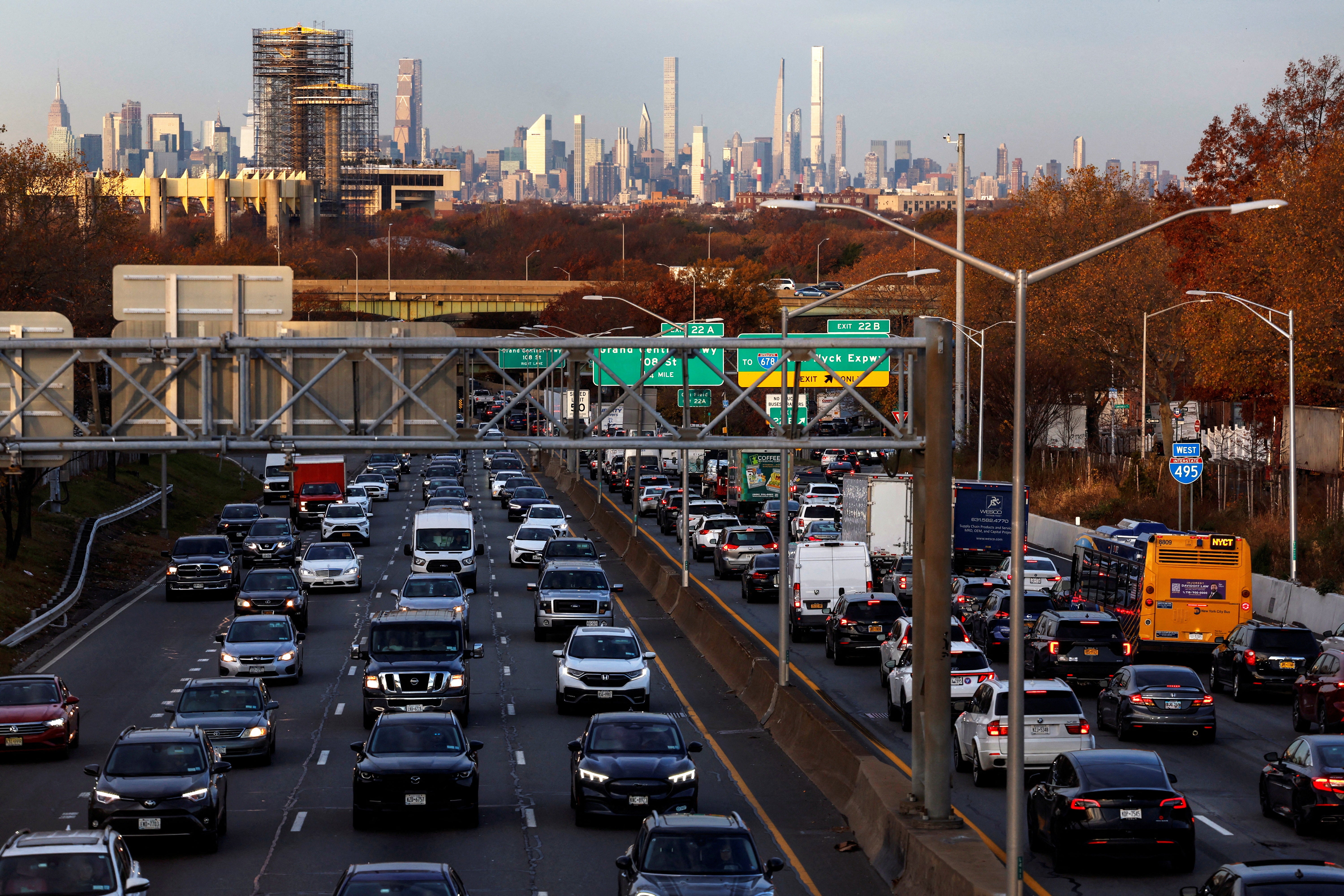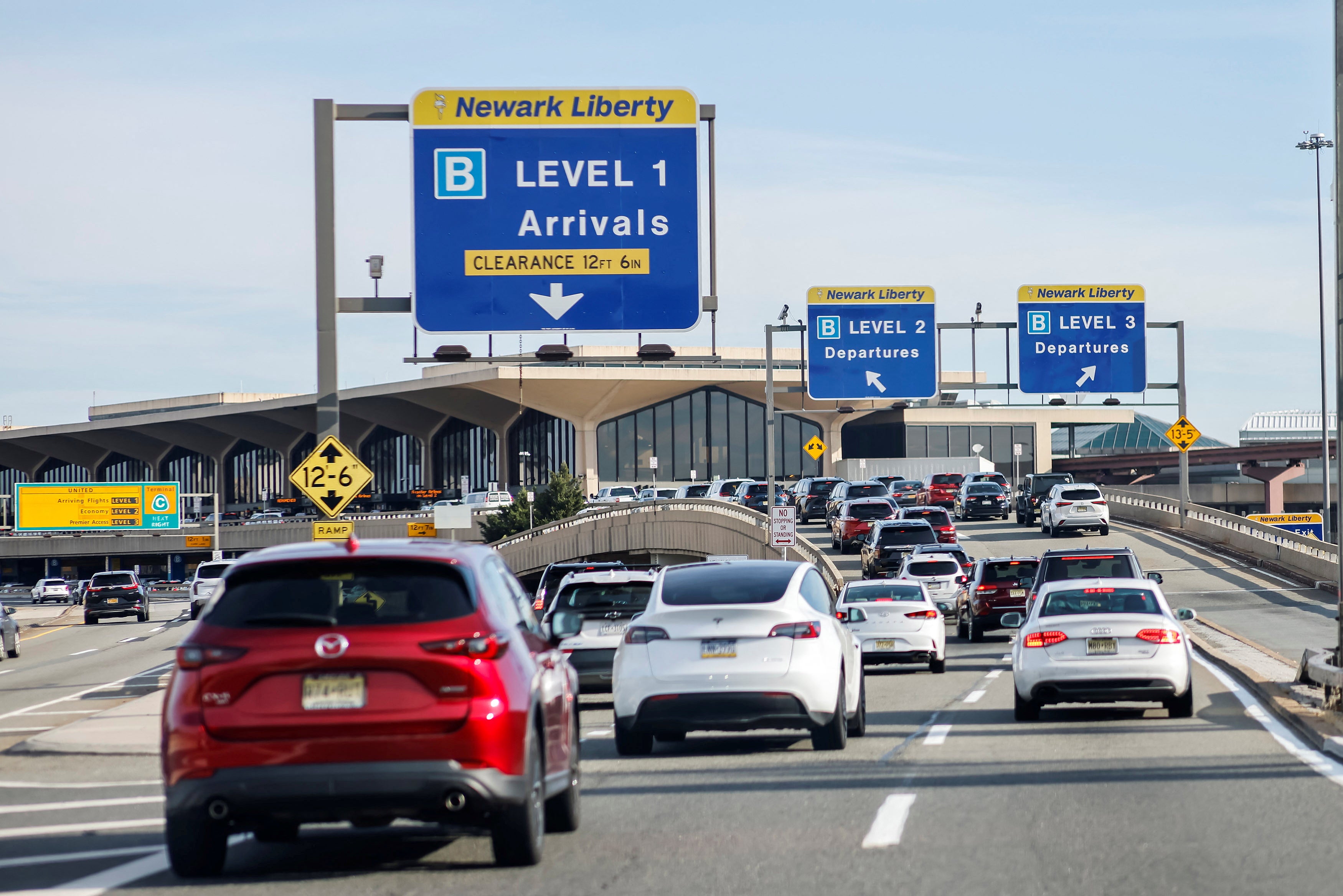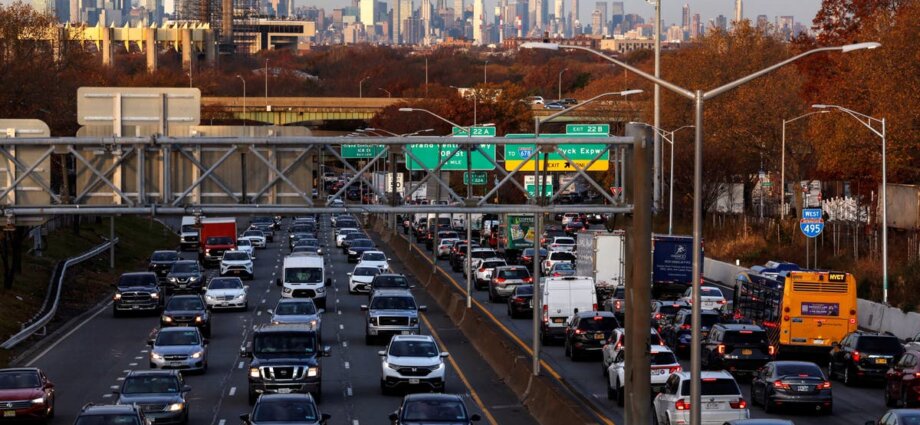The positive impact of natural sounds can be marred by the blaring horns and screeches of road traffic, increasing people’s stress and anxiety, new research found.
While previous research has shown that birdsong and other sounds in nature can lower blood pressure and heart and respiratory rates, human-made noise can eliminate those benefits.
Researchers from the UK have tested these associated health benefits and risks, assessing peoples’ general mood and anxiety before and after they listened to three-minute-long tapes related to sounds from nature and traffic.
“Our study shows that listening to natural soundscapes can reduce stress and anxiety, and that anthropogenic sounds such as traffic noise can mask potential positive impacts,” the researchers said in a statement. “Reducing traffic speeds in cities is therefore an important step towards more people experiencing the positive effects of nature on their health and wellbeing.”

Soundscapes are collections of biological, geophysical and anthropogenic sounds that emanate from a landscape.
The findings were published Wednesday in the journal PLOS ONE. The study was conducted by the Bat Conservation Trust and the University of West England.
The group of 68 student volunteers listened to a nature soundscape recorded at sunrise in England’s West Sussex. They also heard that same tape with road traffic sounds where cars were going 20 miles an hour and 40 miles an hour, respectively.
While listening to the natural soundscape reduced stress and anxiety and enhanced mood after a stressor, those benefits were limited when traffic sounds were added.

The highest levels of stress were reported after the fastest traffic sounds.
Ultimately, the researchers concluded that reducing speeds in urban areas could enhance human health and wellness.
In 2021, a group of international researchers found natural soundscapes at national parks improve health and lower stress and annoyance.
A 2020 study from German authors, determined that exposure to aircraft noise increases the risk of depression.
Research published early this year in the journal Nature reported that “an increasing body of compelling research and conclusive findings confirms that exposure to noise, particularly from sources such as traffic, can potentially impact the central nervous system.”
A meta-analysis published in 2019, found that the risk for depression increased by 15 percent per 10 decibels of noise for aircraft noise and 4 percent per 10 decibels for road traffic noise.
Noise as low as 35 decibels is enough to cause issues, including sleep disturbance and disruptions to concentration. In New York City, street noise has been found to be at least twice that level.











